Parker House Rolls are a thing in Marsha’s family. Her dad carried fond memories of his mother’s rolls from his California childhood, a memory that grew stronger as he got older.
The rolls, with a crisp crust and soft interior, were made famous at the Parker House Hotel in Boston. Created in the 1870s, they became a sensation. The Hotel’s recipe was kept a secret, but a version was published in 1886 in Fannie Farmer’s Boston Cooking School cookbook.
I’ve tried my hand at them a few times but never measured up to the family recollections. Although they were good, my rolls were never the stuff of life-long remembrance.
The original Parker House Roll was brushed with butter and folded over puffing up as it baked. The natural crease in the top easily pulled apart to fill with jam or honey.
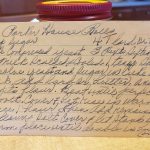 Among old family papers, Marsha found a 3 X 5 card in a flowing script titled Parker House Rolls. She’s not sure which side of the family it came from, but it’s clearly pre-war. The ingredient list includes cake yeast, pints of flour, and the option of lard or butter.
Among old family papers, Marsha found a 3 X 5 card in a flowing script titled Parker House Rolls. She’s not sure which side of the family it came from, but it’s clearly pre-war. The ingredient list includes cake yeast, pints of flour, and the option of lard or butter.
The method is vague, assuming a lifetime of baking experience and proficiency in the kitchen. The dough is beaten by hand – no electric mixer called for. “Let rise until light and bake ten minuets in a hot oven,” conclude the sketchy instructions.
I know how important that experience is. I tried the recipe, interpolating old- time ingredients and methods for today, but success was elusive. The effort was not a complete failure. The rolls tasted good but didn’t look anything like they should. I can see how practice makes perfect.
I sought expert help from Brittany Moreno, partner and baker of the world-class goodies at Kneads Bakery Cafe in Westport. She doesn’t make a Parker House roll per-se but does make a gorgeous golden-brown roll with rich butter flavor, a memorable soft dinner roll that could easily receive the classic Parker House fold.
Her pull-apart rolls are not available at the bakery but do appear on the menu across Riverside Avenue at The Whelk. That’s where they became stubbornly lodged in my dinner-roll memory.
Moreno’s yeast rolls are made with hard red spring wheat flour, milk, butter, eggs, and honey. Top-quality ingredients are important. Almost as an afterthought, she mentioned that the milk is from Arethusa Farm and the eggs from Blue Hills Market. “Brush them with butter,” she said with a Mona Lisa smile. “It seals the deal for flavor.”
Proofing is the tricky part with yeast breads. It’s hard to get it just right. Under-proofing is a problem, but over-proofing is even worse. It takes some experience and a light touch to hit the sweet spot. After a bulk ferment, Moreno chills her dough overnight to develop flavor. The rolls are then shaped, proofed again and baked.
I love baking yeast breads; the rise always seems like a miracle. The varied flavors and textures are an endless source of pleasure. But it does take practice. How much to mix and knead, the timing of the rise, the shaping of the dough, and the final bake all benefit from repetition.
The recipe for Parker House rolls has evolved since the 1870s to include sugar and eggs. They’re often not folded, just baked shoulder to shoulder to be pulled apart. Today’s rolls, like the ones from Kneads, are richer, and even more irresistible.
My son, Bertram, has gotten the family Parker House roll itch. He’s still on a search for the ideal recipe. Right now, he favors one from Bon Appetit Magazine that is based on The Fannie Farmer Baking Book. I’m going to give it a try.
As the pioneering French architect Le Corbusier said, “Creation is a patient search.” That applies to bread as well as buildings. I’m still on a quest for the ideal Parker House roll.
Frank Whitman can be reached at NotBreadAloneFW@gmail.com.
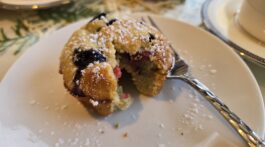
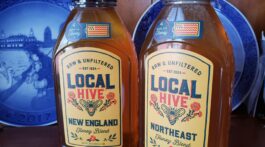
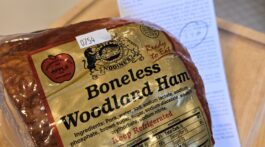
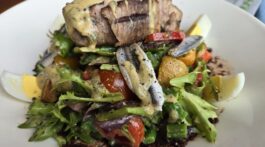
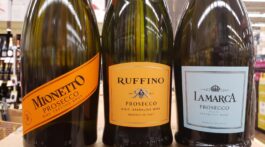
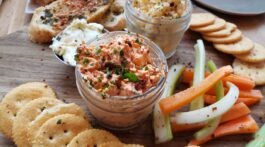
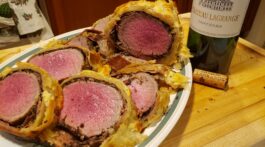
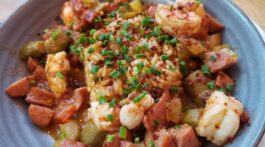
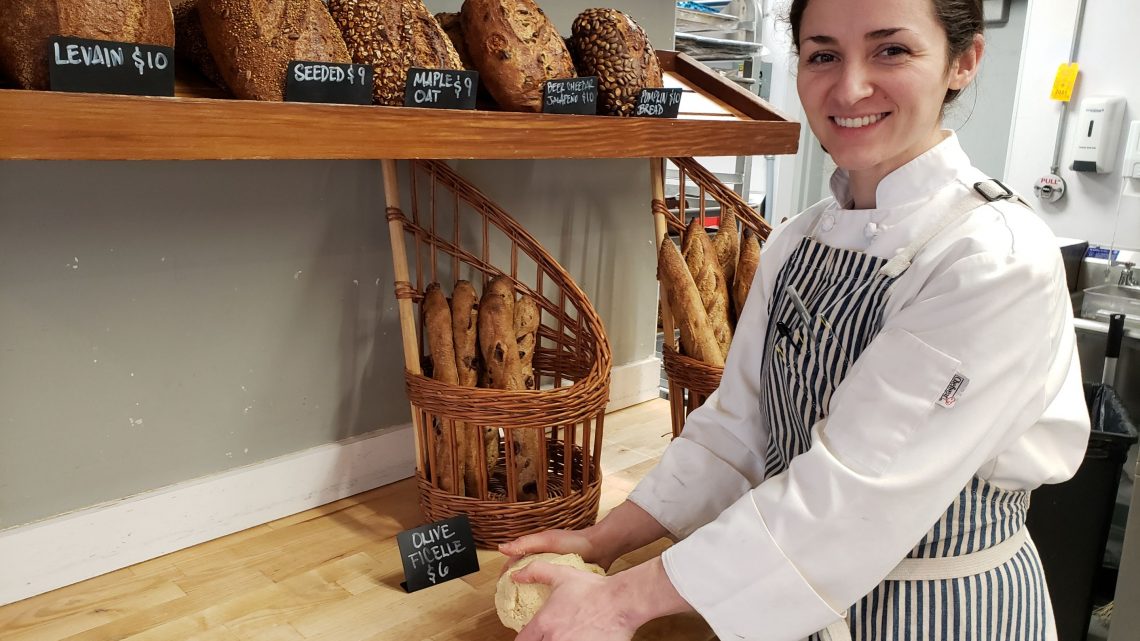
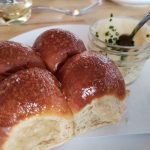
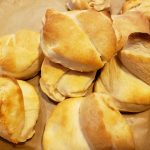
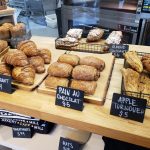
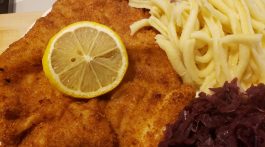
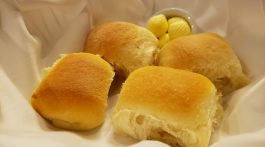
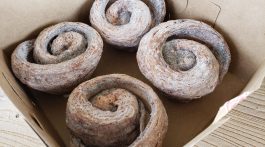
No Comment